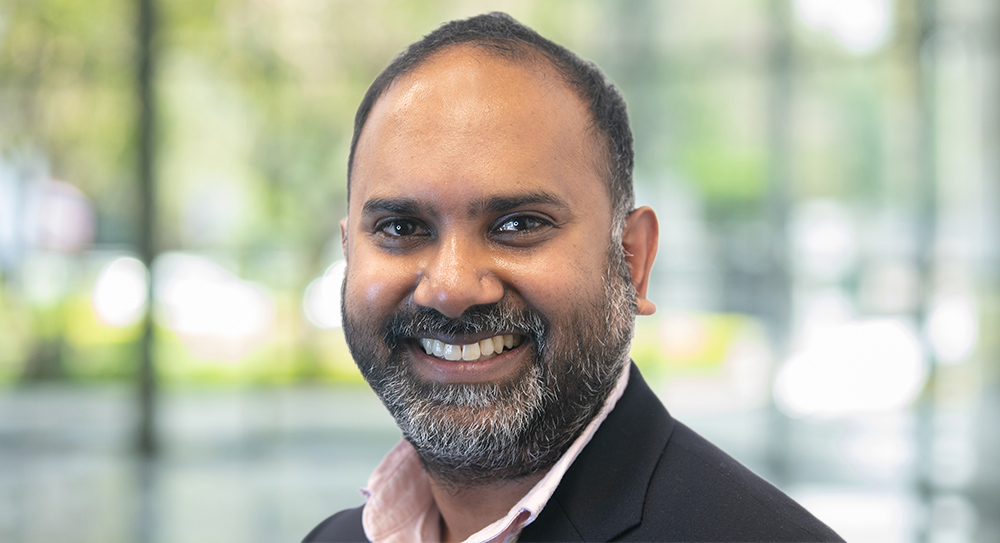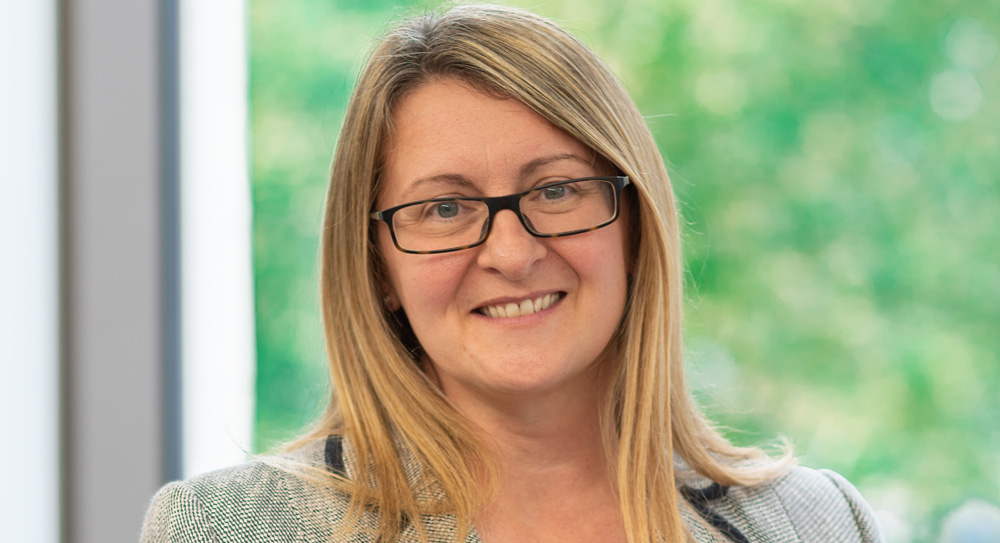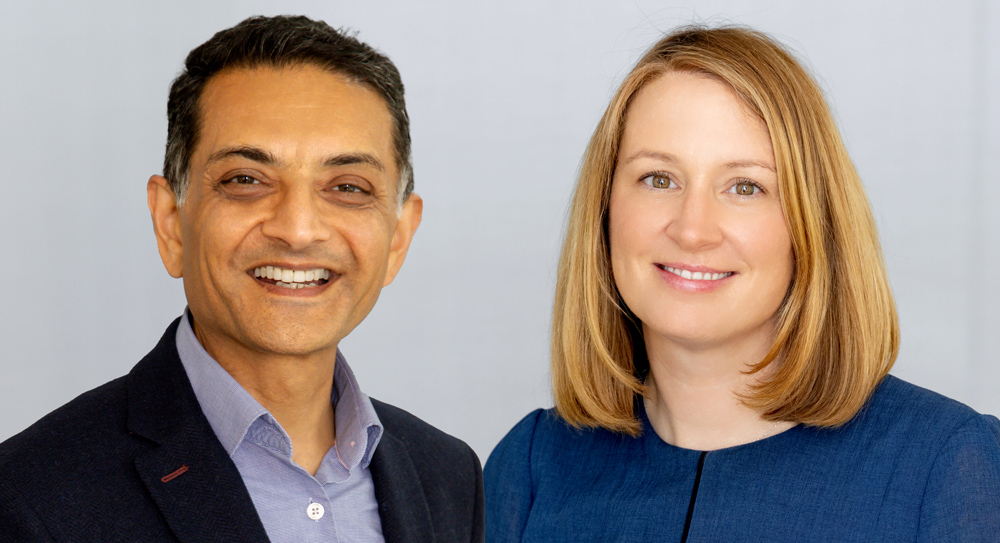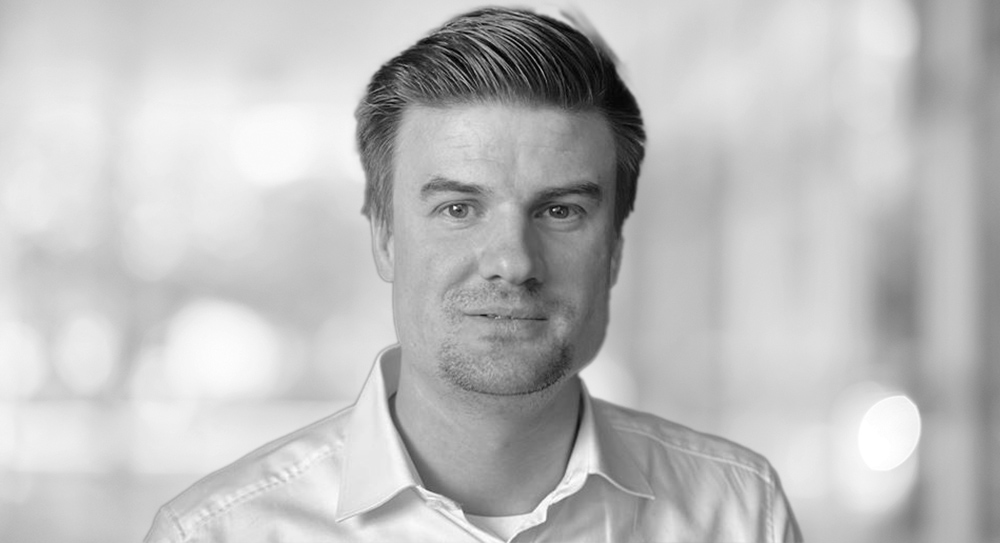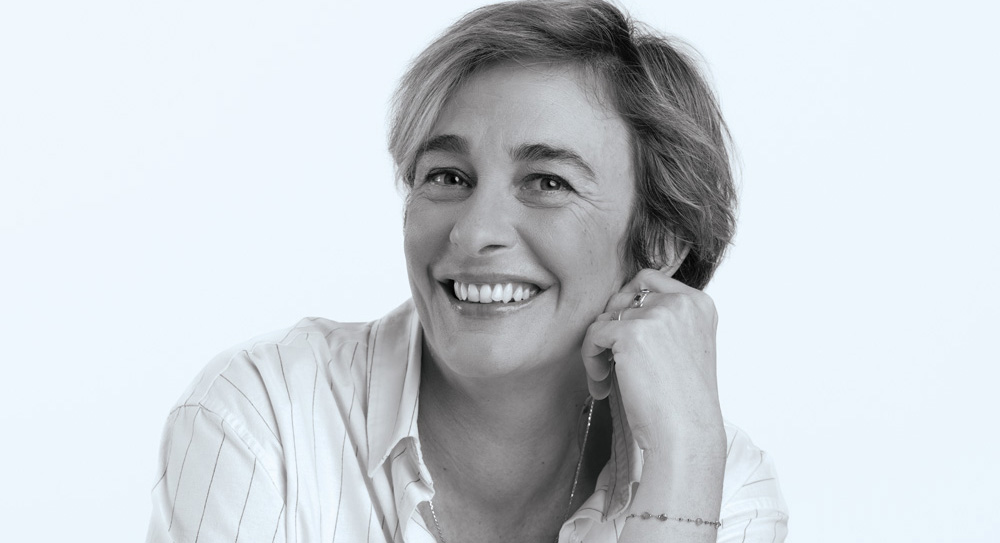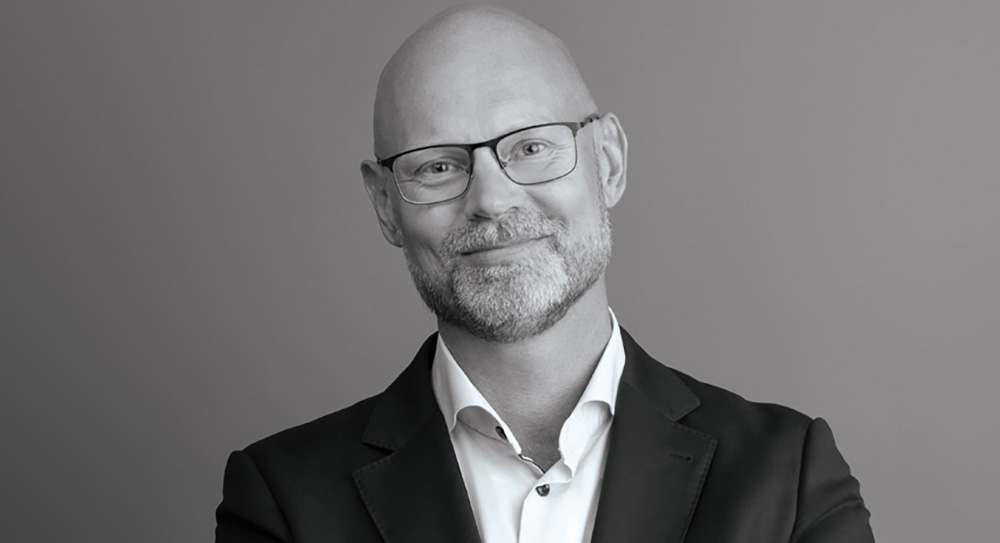5 minutes with… Sita Kolossa, CEO of Nordbridge
The Drawdown (TDD): You set up Nordbridge in 2012. What was it that enticed you to create the executive search firm? Can you describe the roles you focus on?
Sita Kolossa...
Categories: ProfileHuman CapitalHR / talent managementPeople movesRecruitment

